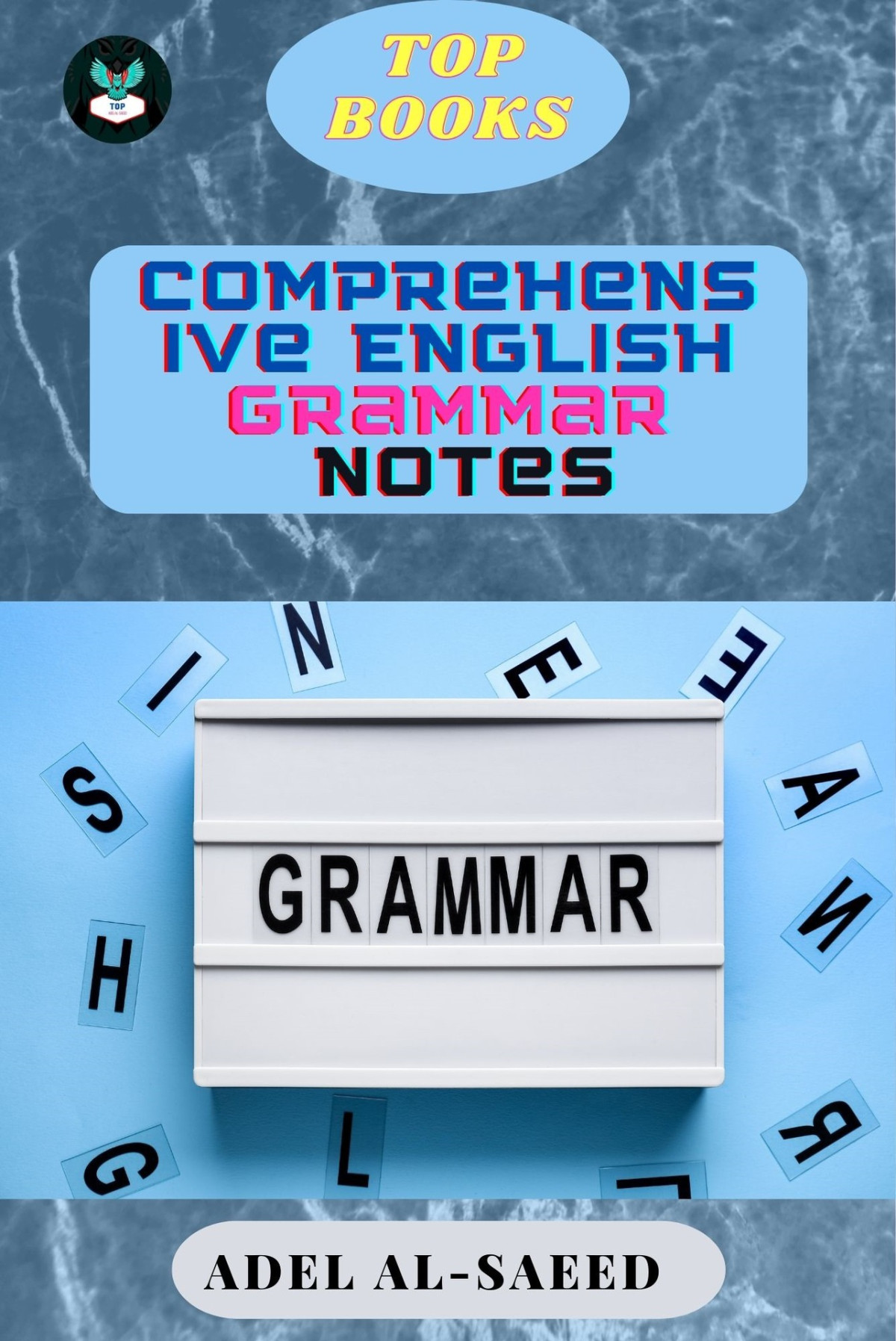

Most ebook files are in PDF format, so you can easily read them using various software such as Foxit Reader or directly on the Google Chrome browser.
Some ebook files are released by publishers in other formats such as .awz, .mobi, .epub, .fb2, etc. You may need to install specific software to read these formats on mobile/PC, such as Calibre.
Please read the tutorial at this link: https://ebookbell.com/faq
We offer FREE conversion to the popular formats you request; however, this may take some time. Therefore, right after payment, please email us, and we will try to provide the service as quickly as possible.
For some exceptional file formats or broken links (if any), please refrain from opening any disputes. Instead, email us first, and we will try to assist within a maximum of 6 hours.
EbookBell Team

5.0
108 reviewsThe booklet covers a wide range of topics related to English grammar, specifically focusing on modal auxiliary verbs and stative verb types. It is carefully organized into sections, each dedicated to a specific aspect of grammar, ensuring clarity and ease of use.
Key Topics Covered in the Booklet
Modal Auxiliary Verbs: This section explores the usage and functions of modal auxiliary verbs, such as can, could, may, might, shall, should, will, would, must, and ought, Common Errors in Using Modal Verbs: It addresses common mistakes made when using modal verbs and provides clear explanations and examples to help learners avoid these errors.
Using Adverbs with Modals: This section delves into the correct usage of adverbs in conjunction with modal verbs, demonstrating how they can modify or enhance the meaning of modal expressions, Should vs. Be Supposed to vs. Be Meant to: It clarifies the differences between these three commonly used expressions, helping learners understand their appropriate usage in different contexts.
Expressions and Phrases of Dare: This section explores expressions and phrases related to the verb "dare," shedding light on their meanings and usage in various situations, Commonly Confusing Modal Verbs: It addresses modal verbs that often cause confusion, providing explanations and examples to help learners differentiate between them.
Semi-Modal Auxiliary "Dare" as a Modal Verb: This section explains the concept of "dare" as a semi-modal auxiliary verb, discussing its usage and nuances, Semi-Modal Verb "Had Better": It explores the usage and meaning of the semi-modal verb "had better," providing examples to illustrate its proper usage, "Be Able to," "About to be," and "Going to Be":
…